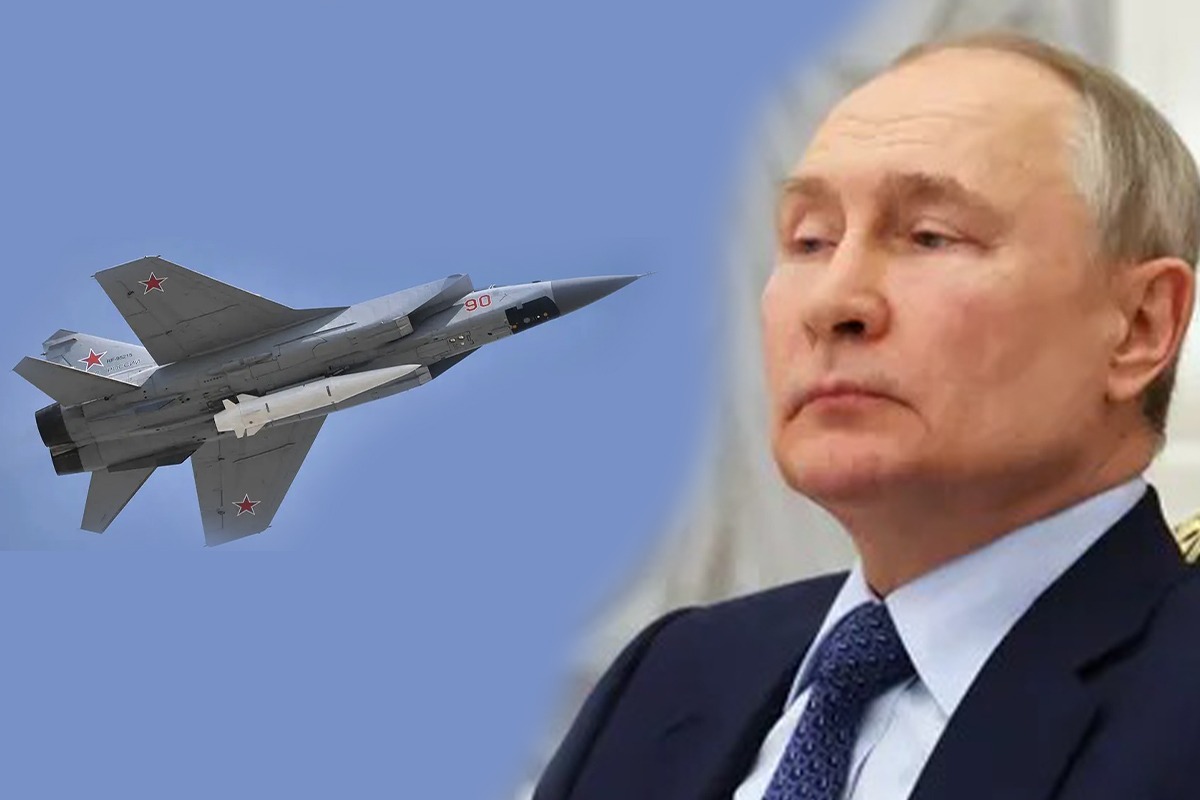NEW DELHI: A Russian scientist deeply involved in the country’s hypersonic missile program is currently standing trial on charges of state treason. The trial, which began in St. Petersburg on Thursday, marks the first case against three hypersonic missile specialists previously employed at an institute in Novosibirsk, Siberia. The Kremlin has characterised the accusations against them as “extremely serious.”
All three accused possess expertise in hypersonics, a critical field for Russia’s advancement in developing the next generation of missiles capable of achieving speeds ten times that of sound.
Alexander Shiplyuk, the director of a prestigious Russian science institute, has also been implicated in the case. Alongside two other experts in hypersonic missile technology, he is suspected of divulging classified information to China during a scientific conference in 2017. Shiplyuk, aged 56, maintains his innocence and argues that the information in question was not classified and readily available online.
The specifics of the allegations against Shiplyuk, who was arrested in August of the previous year, have not been previously disclosed. If proven true, the Chinese connection would place him among a series of Russian scientists apprehended in recent years for allegedly betraying state secrets to Beijing.
When asked about the charges brought against the ITAM experts and previous cases involving treason linked to China, Dmitry Peskov, the spokesperson for the Kremlin, acknowledged that security services remain vigilant against potential acts of “motherland betrayal.”
In response to inquiries regarding allegations that Beijing specifically targeted Russian scientists to acquire sensitive research, the Chinese foreign ministry emphasised that Sino-Russian relations are founded on principles of non-alignment, non-confrontation, and non-targeting of third parties.

















